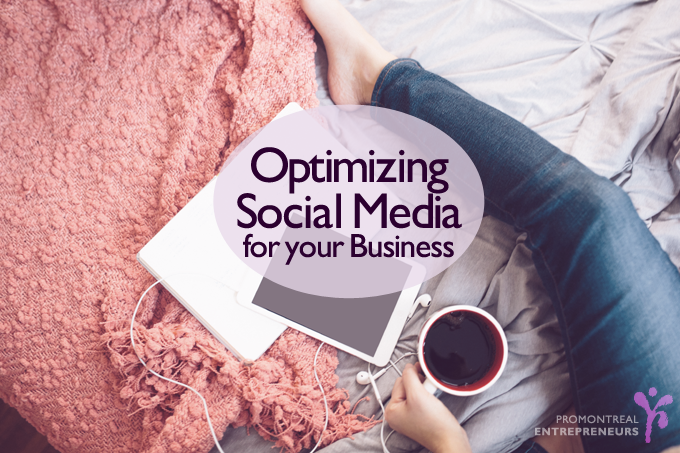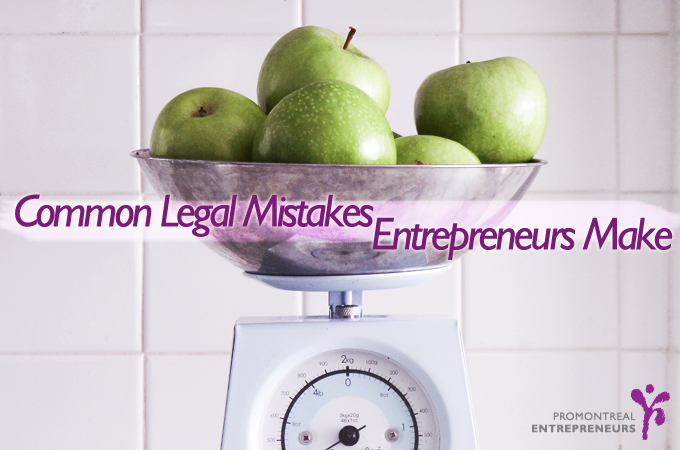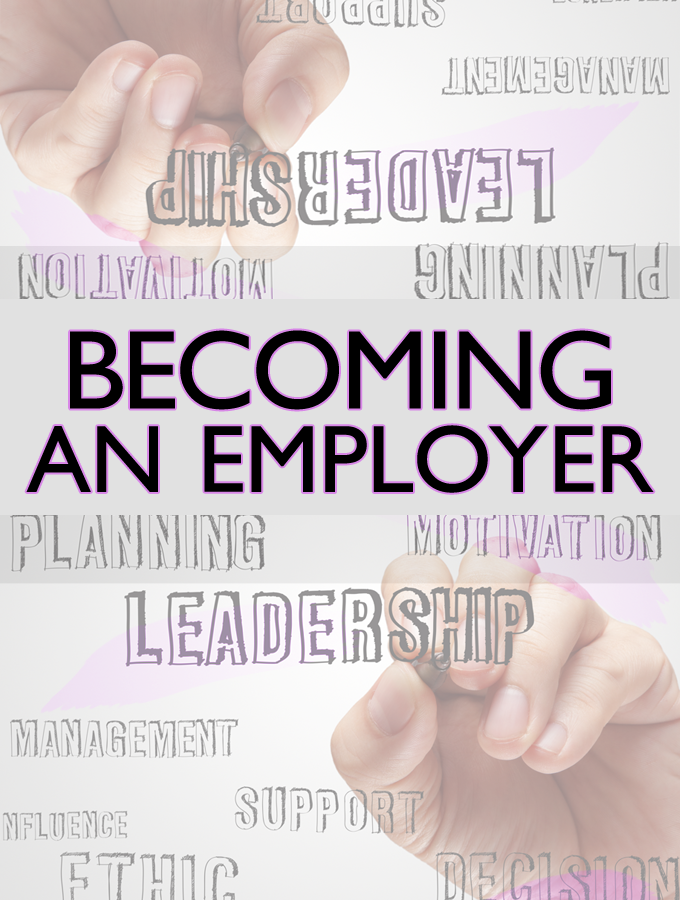
Montreal is a city starting to get known for encouraging start-ups and providing them with the right conditions to grow. For the past four years, Montreal hosts the International Start-Up Festival, that brings together investors, start-ups, and analysts from more than twelve different countries. Yes, this is an amazing opportunity, but the ticket price of $500 might give you cold feet. It’s worth it though. Below are a few reasons on why you should attend the International Start-Up Festival.
Networking
The festival hosts a multitude of different people from the entrepreneurship world. First off, there are the investors. If you are looking for funding, or simply want to connect with powerful people from the business world, this is the place to be. You will be able to meet representatives from a multitude of VC firms, as well as angel investors, depending on what you are looking for. If you are too shy to directly go up and talk to an investor, you can attend one of the festival’s many cocktail networking events, designed especially for that purpose.
Not looking for money? No problem. If you are searching for a co-founder, there is no better place. With hundreds of entrepreneurs on the site, your chances of finding a partner are higher than ever. Alternatively, you can meet and connect with different incubators, and perhaps find yourself a nice new workplace.
Education
Entrepreneurship is not easy. Do you have trouble gaining traction, finding the right market for your company, getting funding, or virtually any other issue related to start-ups? The International Start-up Festival provides great keynotes and presentations every day, with speakers such as Terry Jones and David Segal. Whether you need inspiration or information, you are sure to find a presentation that will be of interest to you.
By networking with other entrepreneurs and investors, you will also be able to discuss some of your ideas and get feedback or suggestions. Anywhere you go, you will learn something that will help you grow your start-up. If you don’t, you’re probably spending too much time partying.
Media
With media passes already sold out for this event, you can expect a full coverage from a multitude of different media organizations. Mingle with reporters and get your start-up featured in the media: you direct a large amount of attention to your start-up, and gain more customers.
ProMontreal Entrepreneurs, is a Patrons of the festival, and sponsors a starving start-up to attend, because we have seen first hand what attending the festival could mean for a start-up. If you are attending, come say hi!
This type of event is very beneficial for Montreal, as it brings international attention to the city and its start-ups. As an entrepreneur, you will be able to make priceless connections that are very hard to get outside of the festival. Attend as much keynotes as you can, but don’t forget to have a good time!



 Promoting your start-up and making it go viral is now easier than ever, thanks to the multitude of social media outlets available online. As a start-up, you should use as much of these tools as possible, as they will help your business expand and gain popularity. Yes, your business probably already has a Facebook, Twitter, YouTube, LinkedIn, and Google+ account. If it doesn’t, you should get on that as soon as possible. However, you may want to consider making your start-up known on more social media platforms. Here are just a few you may want to use:Pinterest
Promoting your start-up and making it go viral is now easier than ever, thanks to the multitude of social media outlets available online. As a start-up, you should use as much of these tools as possible, as they will help your business expand and gain popularity. Yes, your business probably already has a Facebook, Twitter, YouTube, LinkedIn, and Google+ account. If it doesn’t, you should get on that as soon as possible. However, you may want to consider making your start-up known on more social media platforms. Here are just a few you may want to use:Pinterest




 Understanding how your market works and what customers want is vital. When done right, it will enable you to find investors, help spot potential roadblocks, and most importantly, attract customers.
Understanding how your market works and what customers want is vital. When done right, it will enable you to find investors, help spot potential roadblocks, and most importantly, attract customers. All you really need to brush up on your entrepreneurial skills is a good internet connection and a functioning computer. A simple Google search will result in great advice that you can use to your startup’s advantage. You can find amazing blogs from seasoned entrepreneurs, or even watch live streams and webinars. And, best of all, they are free! One of my favorite channels is the
All you really need to brush up on your entrepreneurial skills is a good internet connection and a functioning computer. A simple Google search will result in great advice that you can use to your startup’s advantage. You can find amazing blogs from seasoned entrepreneurs, or even watch live streams and webinars. And, best of all, they are free! One of my favorite channels is the 
